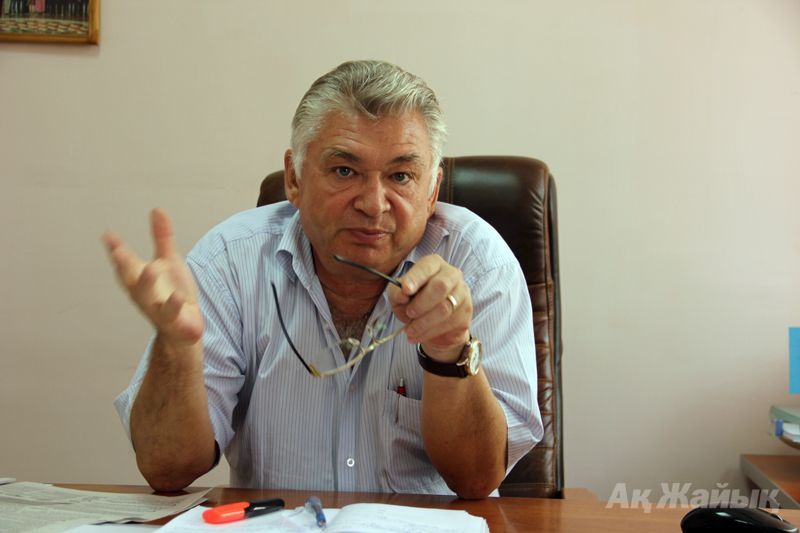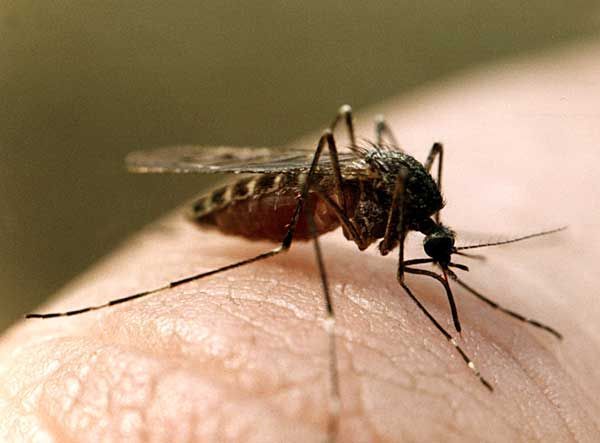By Zulfiya Bainekeyeva
 Aleksander Doumler
Aleksander Doumler
Since recently, Atyrau is suffering from millions of mosquitoes. The joys of summer - promenades by the river, sitting in an open-air cafes and enjoying fresh air with children in the parks have become a real challenge.
We spoke to the deputy head of Atyrau Oblast Disinfection LLP Aleksander Doumler on the issue.
Z.B.: Atyrau has not seen such a mosquito invasion for nearly a decade...
"To be exact - eight. We are now facing our old 'friend' again - a unique endemic Aedes Caspius, which lives in the delta of the Ural river only."
Z.B.: I see. On a closer examination it seemed to be smaller and darker than usual mosquitoes. Moreover, these ones are more malicious...
"You're right. It is a natural type, it comes from natural environment and it is used to wild birds and animals. There is another "wicked" species - Culex pipiens. What we are used to here in Atyrau is Culex modestus, a city type that lives in wet basements of multi-storey apartment blocks, which we have been successfully suppressing over the last comfortable 8 years."
Z.B.: So, we now know that we are being terrorized by three types of these blood-suckers at a time. How it happened they number much more here this year?
"When you deal with the nature, you can't describe these things precisely. I have been dealing with the issue for 13 years and have come to a conclusion that biology and the nature of mosquitoes can not produce the exact answer. There is a deja vu - having read all documents in the archive I found that similar phenomena were registered in 1979 and 2005. This year's invasion is being repeated down to the last detail. The same situation is in the district of Kurmangazy and the neigboring Russian city of Astrakhan. My colleagues in Moscow have also registered abnormal breeding of mosquitoes this year.

Another reason is about climate. You must remember the hot weather during the day and cold nights in April. By technology, we may not conduct fumigation at temperatures below +10 Celsius. So we started treatment in May covering basements, open areas near the river, squares and marshy places within the city boundaries. By May 12 the city was ideally clean from mosquitoes: everyone who went to the Victory Day events on May 9 may confirm my words. Water tests then showed reservoirs were larvae free. Suddenly, spring flooding started and a wind blew from the direction of the sea bringing billions of mosquitoes to the city.
Plus, the recent fires at the sanctuary made these insects escape to another place. Deadly smoke and the sea wind contributed to their movement northward, to Atyrau.
A mosquito itself is able to fly 5 kilometers in a day and much more with a favorable wind. Also, basements, which condominiums reported as dry, were not all dry in fact. So, the wild mosquitoes found comfortable shelter there. And we now have to treat some basements once again.
Our vision is to expand the treatment area, we will be covering suburban areas too. If there is not a wind blowing from the sea, we will achieve full success in a month."
 В Атырау -10
В Атырау -10